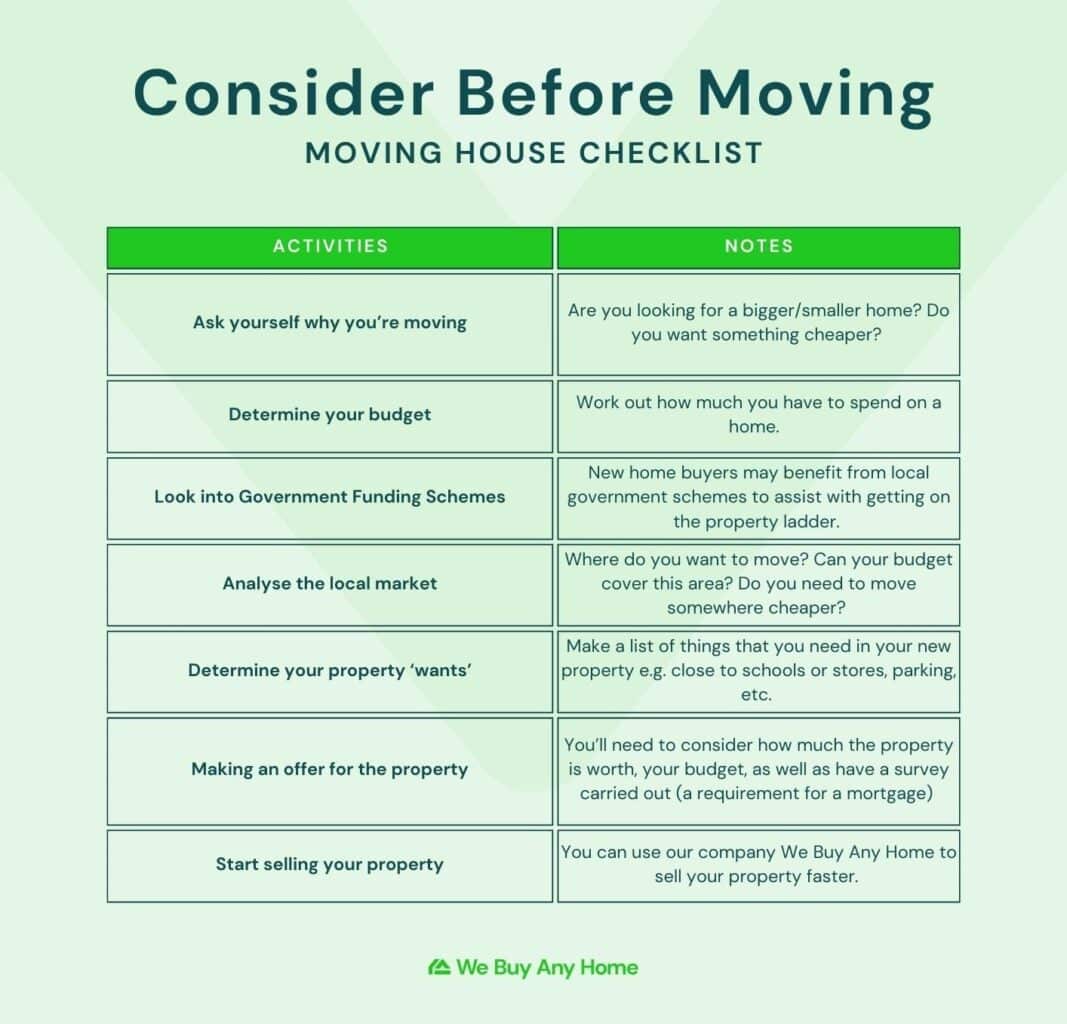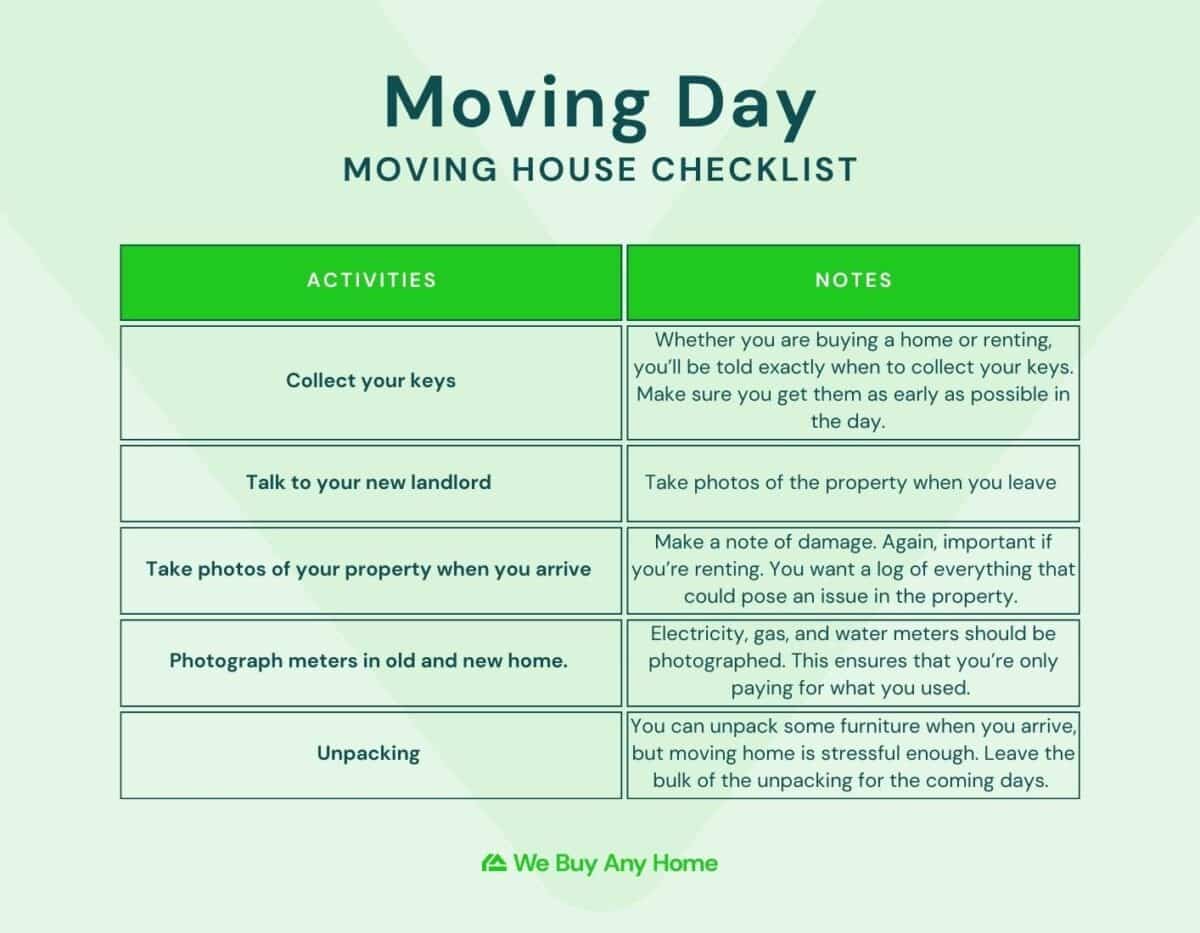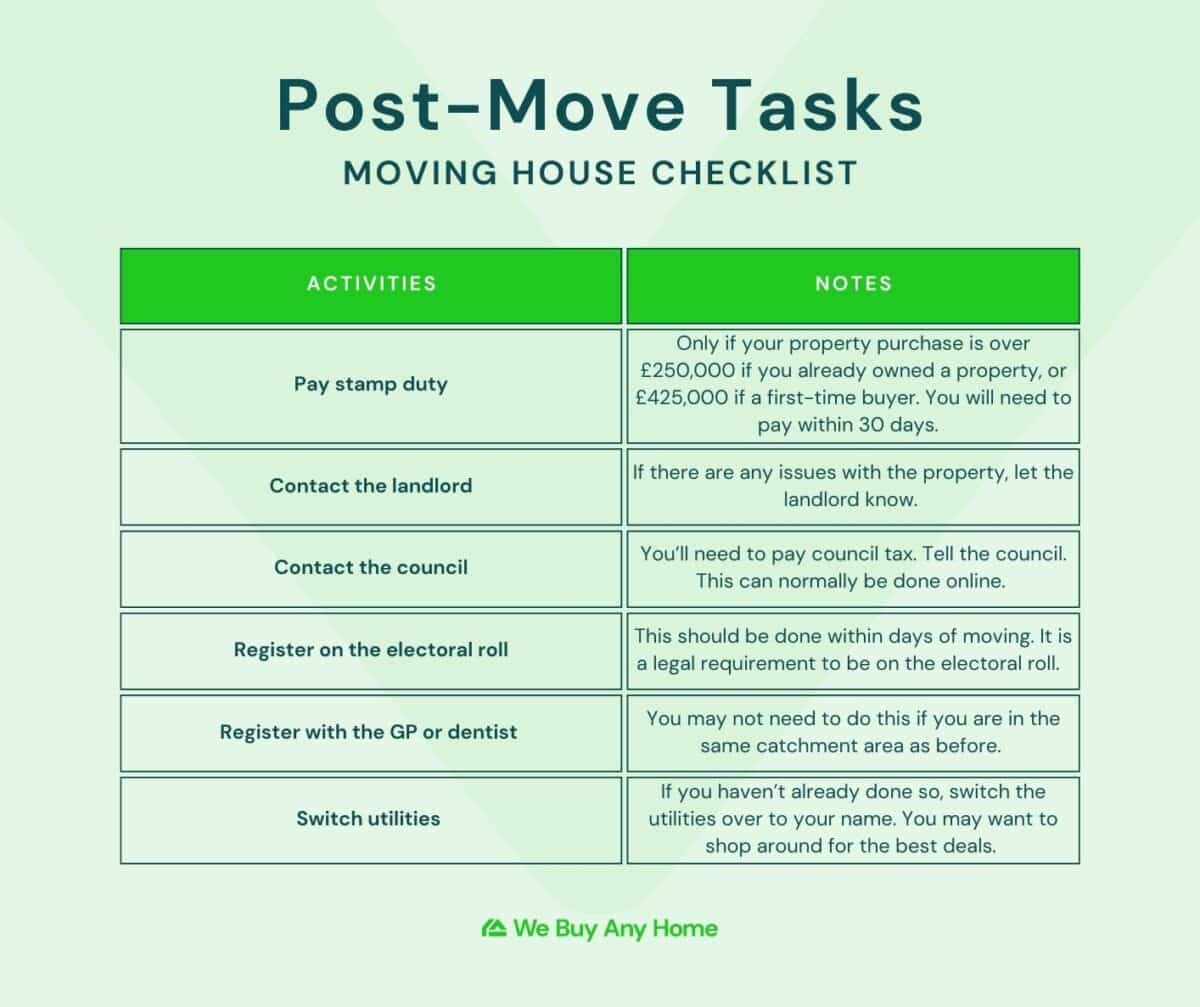Moving House Checklist
Upsizing, Downsizing, or Relocating
- FREE cash offer within minutes
- Receive funds in 7 days
- A guaranteed sale on any property
Everything you need to know when moving house
Moving house can be exciting but daunting. There are a lot of things to organise. Some may seem obvious, and others are easy to forget.
Our goal is to make things easy for you.
At We Buy Any Home, we know the tasks that need to be prioritised and the order they should follow.
This collection of moving house checklists should make your move go smoothly.
Here at We Buy Any Home, we’ve worked with countless home movers. We know the tasks that need to be prioritised, and the ones people often forget about until the last minute.
This collection of checklists should help you remember everything.
Get started on your move today with a free cash offer
Ready to sell your house?
No matter the type of property you’re moving from or to, some jobs remain the same.
For example, whether if buying a house or renting, you must change your address.
However, some tasks change depending on circumstances. Downsizers, for instance, may need to sell excess furniture/clothing/ornaments or put it into storage. Upsizers won’t need to.
No matter what your situation, our moving home checklist should cover it!
Free cash offer within minutes, any condition, any location.
What to consider before moving home
This checklist is for things to consider before you have even bought (or rented) your new home. Use it to work consider your move and what kind of house sale would be best for you.
Download the Moving Considerations Checklist here
There are four main reasons why people move home:
- To move somewhere bigger.
- To move somewhere smaller.
- To start renting or buy a first home
- To change locations (perhaps for a better place for your family).
Moving house can take a long time. Even the fastest moves can be stressful. Clarifying your reasons for moving first will help prepare you for what’s ahead.
Free cash offer within minutes, any condition, any location.
Is moving house right for you?
Before you decide to move house, consider the following factors. They will majorly impact your buying and selling process.
-
What’s your housing budget?
-
What Do You Need in a New Property?
-
Are you prepared to make an offer?
-
Is your house ready to sell?
If you plan to buy a home, you’ll likely need to get a mortgage. You should speak to a mortgage advisor or bank about this.
Various factors can influence how much you can borrow. Expect your mortgage to require a 10-20% deposit (you’ll pay this cash up front) and borrow up to 5x your annual income.
If you plan on renting, consider how much cash you have available monthly.
You should budget around 30% of your monthly income on rent.
What’s your housing budget?
If you plan to buy a home, you’ll likely need to get a mortgage. You should speak to a mortgage advisor or bank about this.
Various factors can influence how much you can borrow. Expect your mortgage to require a 10-20% deposit (you’ll pay this cash up front) and borrow up to 5x your annual income.
If you plan on renting, consider how much cash you have available monthly.
You should budget around 30% of your monthly income on rent.
What Do You Need in a New Property?
Think about what you need in your new property.
For example, think about the size and location. Your budget will play a role here. Meeting all your criteria is not always possible, so think carefully about your priorities.
Are you prepared to make an offer?
Once you’ve found a property you like, it’s time to make an offer.
If you’re renting, just contact the landlord. They’ll likely approve (or decline) you based on your credit score and income.
If you’re buying, the process is much longer. You’ll need to secure a mortgage and then find an estate agent. (However, you can also sell your house without an estate agent).
Before making an offer, consider the local market. You can offer less than the asking price, especially if the property has been on the market for a while.
If your offer is accepted, you’ll need to organise a survey for the property. Your mortgage provider and real estate agent can assist with this.
If there are issues with the property, you may need to revise your offer (or withdraw it completely).
Is your house ready to sell?
Selling your home can be slow. You’ll need to be patient, even if you’ve found the perfect home to buy.
There are many ways to sell your home faster. But the most important factor for timeframes is usually what channel/method used.
Most people sell the traditional way – through estate agents. But there are trusted alternative ways to sell property, too.
One of these ways channels is cash buyers (like We Buy Any Home). It is generally considered the fastest way to get a guaranteed house sale.
Free cash offer within minutes, any condition, any location.
The pre-move planning checklist
Moving house can be as exciting but also overwhelming. That’s why we’ve crafted a comprehensive pre-move planning checklist to simplify your journey.
It’s rich in detail and covers big and small tasks. It guides you through speaking with conveyancing solicitors, landlords, and even setting up your new home’s utilities.
Moving isn’t just about relocating your belongings – it’s about changing your entire life.
Free cash offer within minutes, any condition, any location.
-
Conveyancing solicitor
-
Mortgage paperwork
-
Talk to current owners or tenants
-
Packing
-
Organising a removal company
-
Organising a Cleaning Company
-
Organising storage
-
Change address
-
Manage redirects for post
-
Change or cancel utilities
-
Property insurance
-
Cancel Council Tax
Once the offer has been accepted and the property survey completed, the purchase should speed up.
The conveyancing solicitor will provide you with paperwork to sign.
Eventually, you’ll need to exchange contracts for the sale of your property (if selling) and the purchase of your new one.
After this, pulling out of a house sale will be expensive.
Eventually, the conveyancing solicitor will let you know the moving date (normally 1-2 weeks in advance), and details on where keys will be exchanged.
Conveyancing solicitor
Once the offer has been accepted and the property survey completed, the purchase should speed up.
The conveyancing solicitor will provide you with paperwork to sign.
Eventually, you’ll need to exchange contracts for the sale of your property (if selling) and the purchase of your new one.
After this, pulling out of a house sale will be expensive.
Eventually, the conveyancing solicitor will let you know the moving date (normally 1-2 weeks in advance), and details on where keys will be exchanged.
Mortgage paperwork
Make sure all your mortgage paperwork is in place. Talk to your mortgage advisor or bank about this.
You need to have a firm offer for your mortgage before contracts are exchanged.
Talk to current owners or tenants
This is not always be possible. However, if you can, find out things like:
- When the bins get collected (especially recycling)
- Where electrical or gas meters are located
- Whether they have documents for kitchen appliances they are leaving behind, e.g. warranties, manuals, etc.
- Who their broadband or phone supplier is (it’ll make the switch much easier)
- Where they purchased their tiles, wallpaper, or flooring. This is important if they ever get damaged and you need to replace them
Packing
We recommend you start packing as soon as you know you’re moving home. Start by packing the things that you are unlikely to need right away.
For example, if you’re moving in the winter, pack your summer clothes. You can leave furniture packing until the last days before moving.
Organising a removal company
You can hire a vehicle and move your own belongings, but it’s a lot of stress. Removal companies’ services come at a price, but it’s often worth the cost.
A few weeks before you move, start getting quotes from local removal companies.
Check reviews of removal companies before you hire them. And find out if they have insurance.
When you have a moving date, book the removal company that you’ve selected. You’ll likely be asked to pay a deposit before the move and then the full balance afterwards.
Organising a Cleaning Company
If you’re moving from a rental, you should pay a cleaning company to carry out your end-of-tenancy cleaning rather than doing it yourself.
They will ensure that the property is clean enough to get your deposit back.
You can book these about a week before your moving house date, but you can always look for quotes earlier.
Organising storage
If you’re downsizing, you may have too many belongings for your new property. You have two options here:
- Sell them
- Put them into storage
With storage, it’s important that you start looking for quotes as soon as possible. Depending on where you live, there’ll should be several storage units available to rent.
Change address
You’ll need to start changing your address with the following parties a few days before you move:
- Your bank
- Department for Work and Pensions
- HMRC (if a sole trader, or you run a business)
- DVLA, if you own a vehicle.
- Electoral roll – it is essential the electoral roll contains up-to-date information. It is a legal requirement.
- TV licensing (important if you plan on having a new TV at your property)
- Bank
- Credit cards
- Phone contracts
- Any bills that need paying.
- Loyalty cards
- Pension
- Insurance, particularly car and pet insurance.
Manage redirects for post
When you have a house moving date, visit the Royal Mail website and process a redirect.
This will ensure that mail sent to your old address will be automatically forwarded to your new one.
This is particularly important if your new house is far from the old one.
Change or cancel utilities
The following should all be cancelled:
- Water bills
- Electricity bills
- Gas bills
- Landline bills
- TV subscriptions
- Broadband
and more.
In some cases, you can move contracts over to your new property. It’ll save a lot of hassle. Just contact the vendor to inform them.
Property insurance
Organise property insurance in the days before your move (i.e., when you have a firm date). You must be insured in your new property from the first day.
Cancel Council Tax
When you change your address with the local authorities, make sure you cancel your council tax at the same time. In most places, this can be completed online.
Free cash offer within minutes, any condition, any location.
-
Collect your keys
-
Take photos of the property when you leave
-
Take photos of your property when you arrive
-
Photograph meters in old and new home
-
Unpacking
Whether you are buying a home or renting, you’ll be told exactly when to collect your keys. Make sure you get them as early as possible in the day.
Collect your keys
Whether you are buying a home or renting, you’ll be told exactly when to collect your keys. Make sure you get them as early as possible in the day.
Take photos of the property when you leave
This serves two purposes. You’ll want to remember the property. However, it also means that you can note any damage, etc. This will be important if you are renting.
Take photos of your property when you arrive
Make a note of damage. Again, important if you’re renting. You want a log of everything that could pose an issue in the property.
Photograph meters in old and new home
Electricity, gas, and water meters should be photographed. This ensures that you’re only paying for what you used.
Unpacking
You can unpack some furniture when you arrive, but moving home is stressful enough. Leave the bulk of the unpacking for the coming days.
Free cash offer within minutes, any condition, any location.
The Post-Move Checklist
Once you’re settled into your new home, there are a few more things you’ll need to do. You can do these in the weeks after the move.
-
Pay stamp duty
-
Contact the landlord
-
Contact the council
-
Register on the electoral roll
-
Register with the GP or dentist
-
Switch utilities
Only if your property purchase is over £250,000 if you already owned a property, or £425,000 if a first-time buyer. You will need to pay within 30 days.
Pay stamp duty
Only if your property purchase is over £250,000 if you already owned a property, or £425,000 if a first-time buyer. You will need to pay within 30 days.
Contact the landlord
If there are any issues with the property, let the landlord know.
Contact the council
You’ll need to pay council tax. Tell the council. This can normally be done online.
Register on the electoral roll
This should be done within days of moving. It is a legal requirement to be on the electoral roll.
Register with the GP or dentist
You may not need to do this if you are in the same catchment area as before.
Switch utilities
If you haven’t already done so, switch the utilities over to your name. You may want to shop around for the best deals.
Free cash offer within minutes, any condition, any location.
Not everybody will need a packing company, but if you have a lot of hefty furniture, it may be wise to book one. A packing company can dismantle the furniture and, in some cases, reassemble it at your new location.
Packing
Not everybody will need a packing company, but if you have a lot of hefty furniture, it may be wise to book one. A packing company can dismantle the furniture and, in some cases, reassemble it at your new location.
Man & Van
A man & van is a method for smaller moves e.g. moving a few boxes and some smaller pieces of furniture. It is often an option for first-time buyers who may not have a lot of furniture, or those moving to a furnished rental.
Furniture Removals
If you’ve got a lot of furniture to move (and big furniture), book a proper moving company. Ensure that they are insured for the move, particularly if you have something quite expensive.
Furniture removal companies will often be expensive, but worth the cost. They’ll carry the furniture around for you, saving you a lot of time and effort.
Storage
If anything needs to go into storage (particularly if downsizing), look for storage units. To get a quote, you’ll need a rough size of all the items being stored.
Always choose reputable, insured storage providers. This will ensure your items are in good hands.
Cleaning
For end of tenancy cleans, you’ll need a cleaner. Don’t do it yourself. Always ensure that the cleaner you choose carries out end-of-tenancies, and they are well-reviewed. It’ll ensure that the job is done properly, and give your landlord less opportunity to get your deposit back from you.
Popular Areas We Buy Any Home
We operate across the United Kingdom including England, Scotland, and Wales. We can buy your house fast, whether you’re in the northernmost parts of Scotland or enjoying life on the beaches on the south coast.
Free cash offer within minutes, any condition, any location.
Frequently asked questions about moving home
Want to discuss a little further? Freephone 0800 774 0004 or call our office 0203 789 2401
Where do I start when moving house?
Once an offer is accepted, your conveyancing solicitor will guide you through the legal paperwork. In the meantime, you can start to pack some of the items in your home and start looking for quotes on services you may need on the moving day.
How much is the average cost to move house?
Depending on the size of the move, it could be anywhere from £300 to £1,000. Prices may be higher if you’re moving a considerable distance.
How much are the average solicitor’s fees for moving house?
Solicitor’s fees will vary depending on where you live. However, most people can expect to pay anywhere from £850 to £1,500, including VAT, to their solicitor.
What should I do two weeks before moving?
You should start the packing process. Once you have a firm date to move, contact removal companies, cleaners, and utility companies. You can also purchase home insurance for your new property. It should be active the day you move in.
Who do I need to disclose to before I move house?
Tell all the companies and organisations you have contact with. This includes your bank, HMRC, credit cards, lenders, the council, DVLA, and the electoral roll.
Do you pay movers before or after UK?
Most home movers in the UK will ask for a deposit 7-14 days before the move. You will then pay the full balance once the goods have been delivered to your new home. Be wary of any mover that asks for payment up front.
Can you move house in a day?
Assuming you have packed in advance, most people should have no issues clearing their homes within a day. However, giving yourself a couple of days’ leeway is recommended, where possible. This will ensure no hold-up for the people moving into your property.
How can I manage moving stress?
Managing the stress of moving involves planning, seeking support, and maintaining routines, especially for families. It’s beneficial to discuss the move openly, involve everyone in planning, and keep familiar items accessible.
Are there any strategies for negotiating with moving and service companies to ensure the best rates and services?
To secure the best moving rates and services, obtain multiple quotes, negotiate services and prices, and consider moving during off-peak seasons for potentially lower rates.
What are the common pitfalls or mistakes people make during the moving process, and how can they be avoided to ensure a smooth transition?
Common mistakes include underestimating the time and effort required, failing to declutter before moving, and not researching movers. Avoid these by starting early, decluttering, and vetting moving companies thoroughly.
Free cash offer within minutes, any condition, any location.
Read More Articles about Moving Home in the UK
View Moving House articles
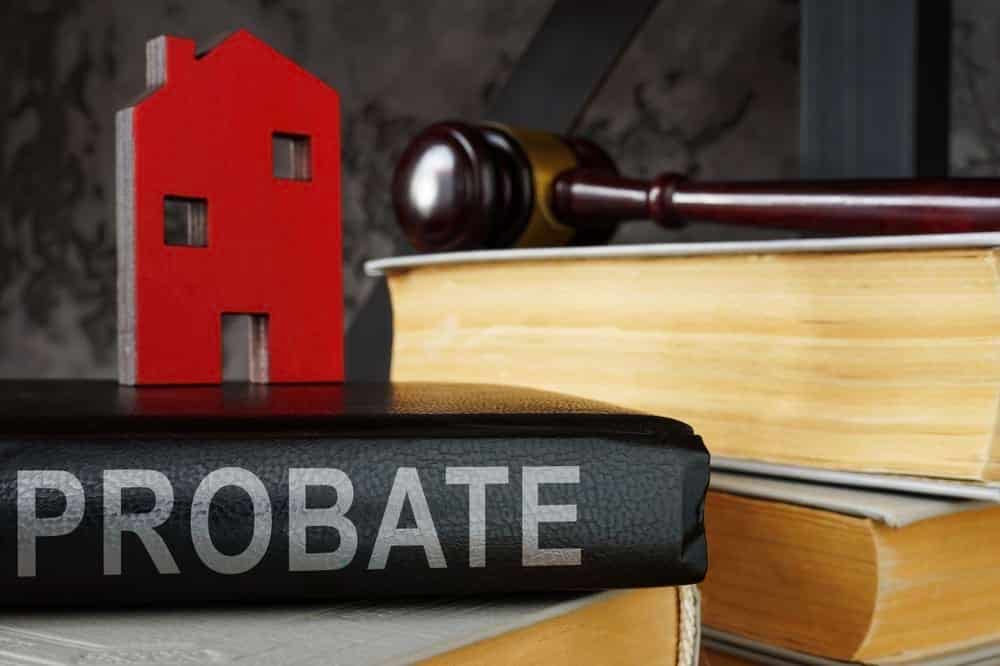


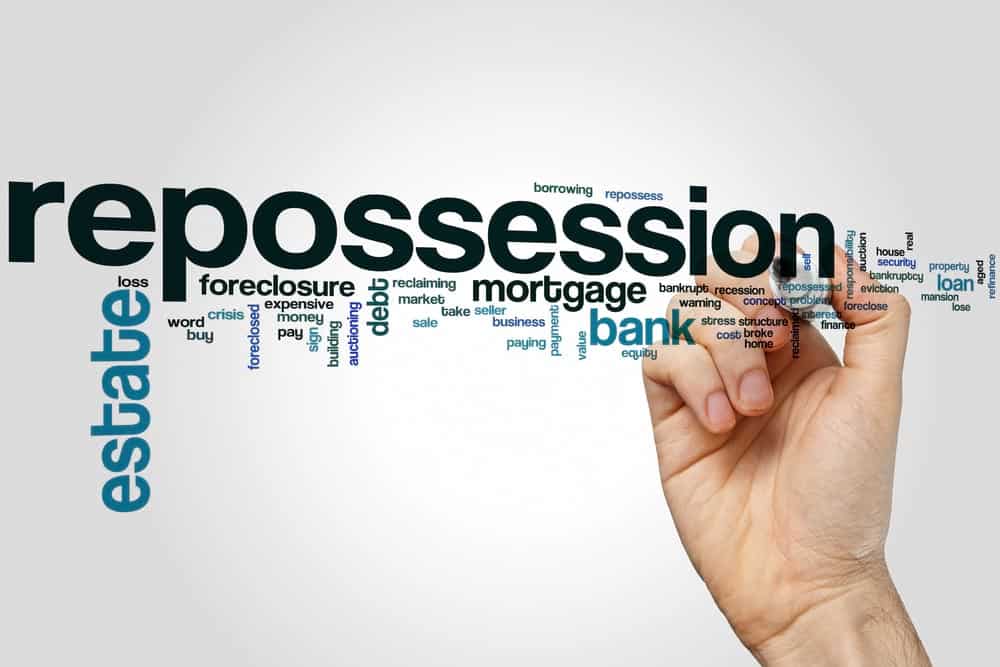




Get a free cash offer today
Enter your details below
"*" indicates required fields







